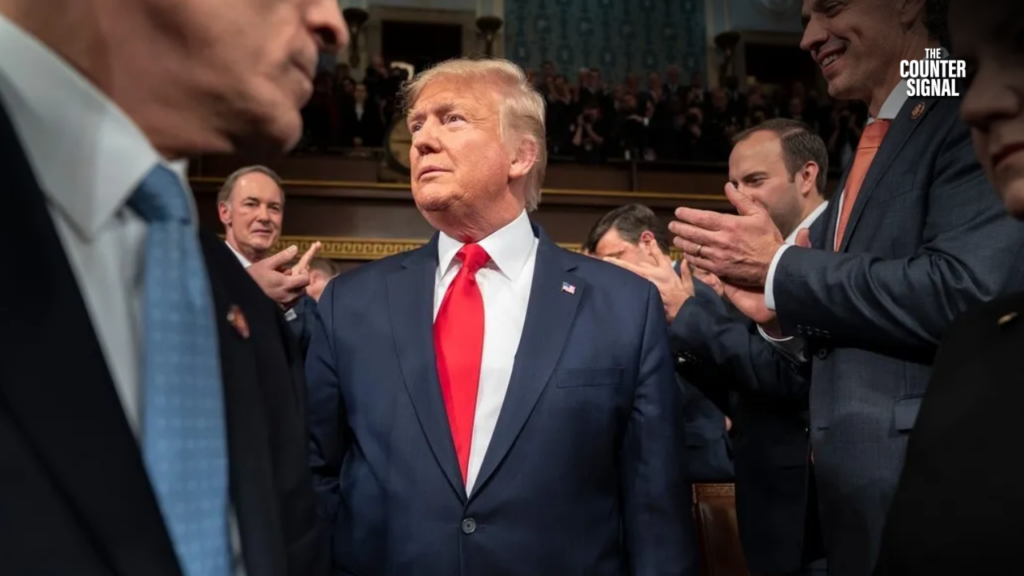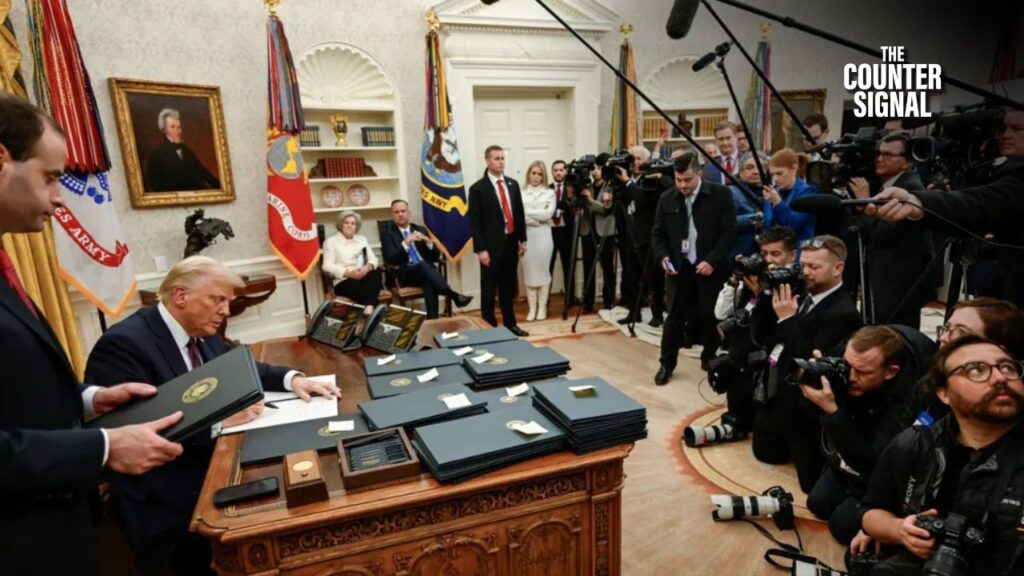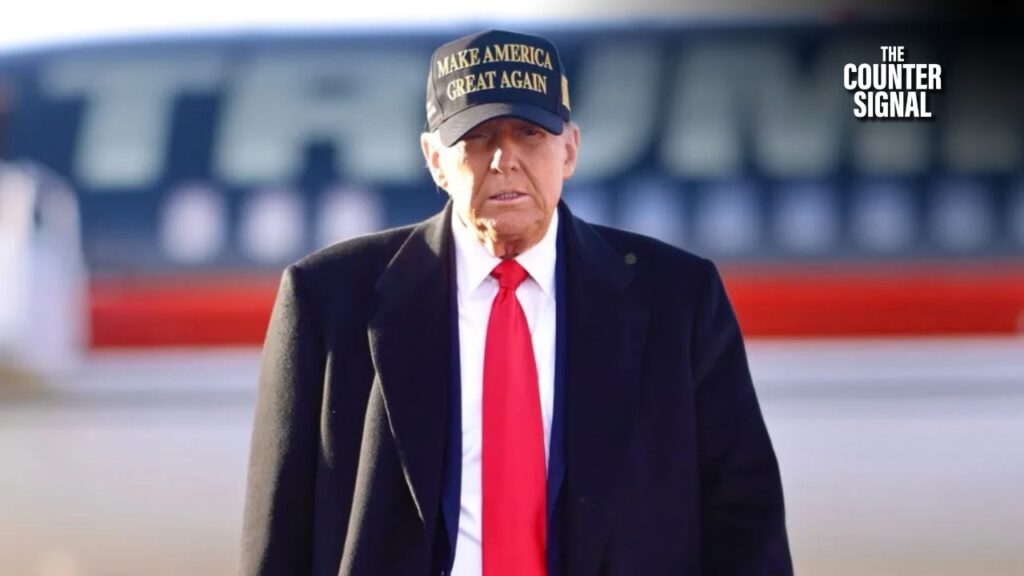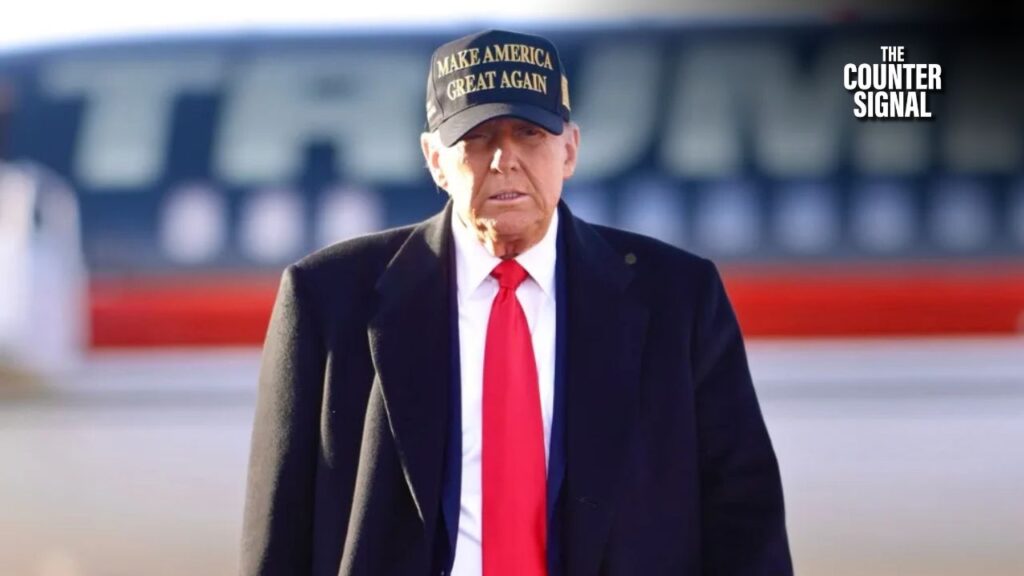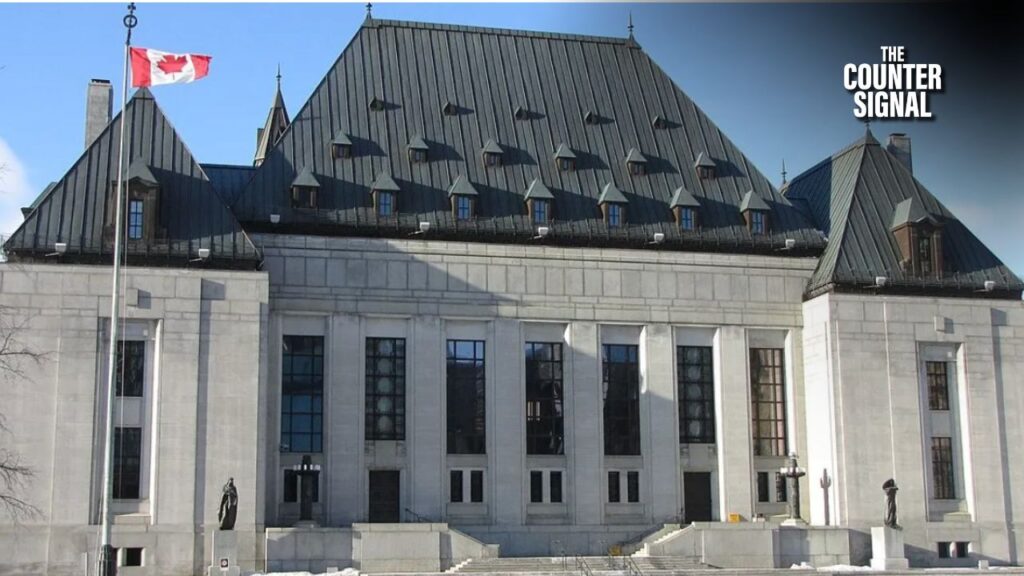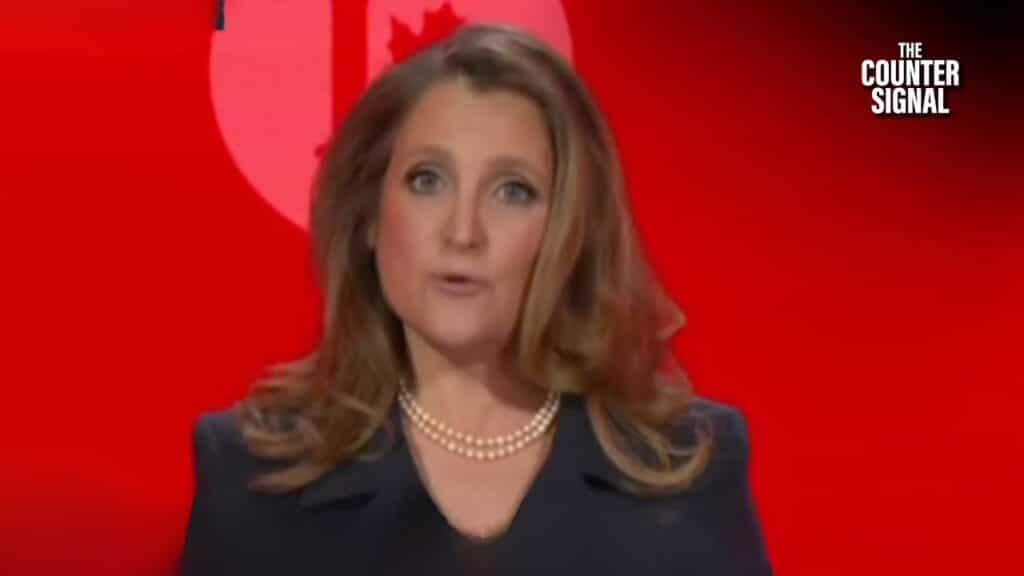The fifth Twitter Files was released on Monday, revealing that former Republican President Donald Trump was banned by Twitter employees even as they acknowledged he hadn’t violated the social media platform’s policies.
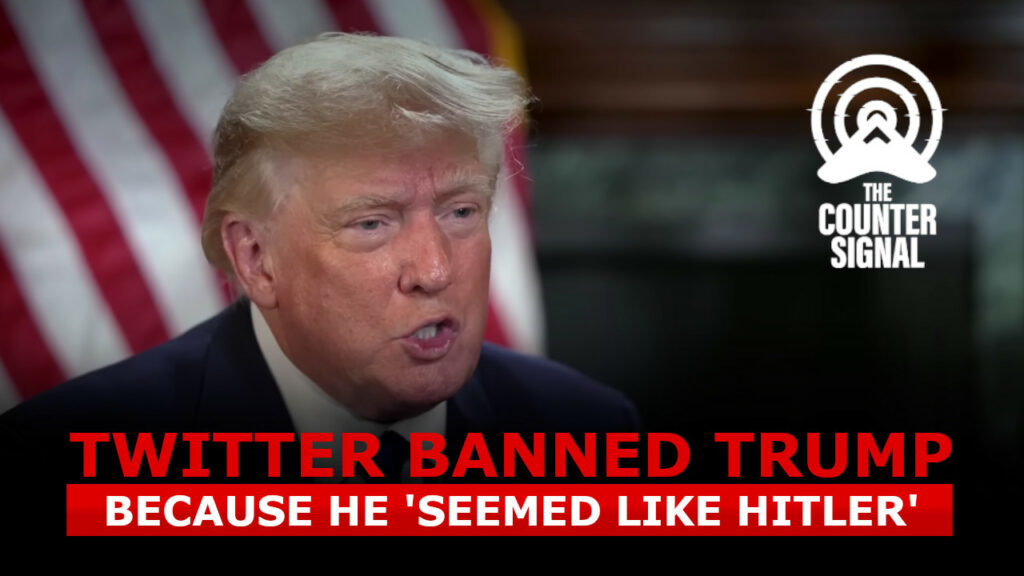
Trump posted his final two Tweets nearly two years ago, on January 8, 2020.
2. 6:46 am: “The 75,000,000 great American Patriots who voted for me, AMERICA FIRST, and MAKE AMERICA GREAT AGAIN, will have a GIANT VOICE long into the future. They will not be disrespected or treated unfairly in any way, shape or form!!!” pic.twitter.com/7L252fqqK6
— Bari Weiss (@bariweiss) December 12, 2022
3. 7:44 am: “To all of those who have asked, I will not be going to the Inauguration on January 20th.” pic.twitter.com/bRF7O4Ijcf
— Bari Weiss (@bariweiss) December 12, 2022
Bari Weiss of The Free Press revealed text messages from former Twitter employees. Employees were disappointed that Trump didn’t violate the terms of service with his two tweets but still wanted him off the platform.
“‘We have to do the right thing and ban this account,” one staffer said.
Another staffer said it was “pretty obvious he’s going to try to thread the needle of incitement without violating the rules.”
Ultimately, despite not finding a violation with either of Trump’s tweets, Twitter’s head of Legal, Policy, and Trust, Vijaya Gadde, suggested Trump could have “coded incitement to violence.”
Minutes later, employees from the “scaled enforcement team” suggested Trump’s reference to “75 million patriots” (his vote count) could be considered a violation of Twitter’s Glorification of Violence policy.
One user said that if they consider Trump’s usage of “patriots” to refer to those who rioted at the Capitol on January 6, it would be regarded as an incitement to violence.
Another member came to “view him as the leader of a terrorist group responsible for violence/deaths comparable to Christchurch shooter or Hitler and on that basis and on the totality of his Tweets, he should be de-platformed.”
Hours later, Trump was permanently banned from Twitter.
Twitter’s new CEO, Elon Musk, has recently lifted this ban.
Weiss said other world leaders have explicitly called for violence and not had their accounts suspended.
“Ultimately, the concerns about Twitter’s efforts to censor news about Hunter Biden’s laptop, blacklist disfavored views, and ban a president aren’t about the past choices of executives in a social media company,” Weiss said.
“They’re about the power of a handful of people at a private company to influence the public discourse and democracy.”


